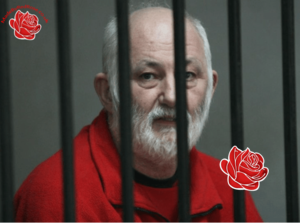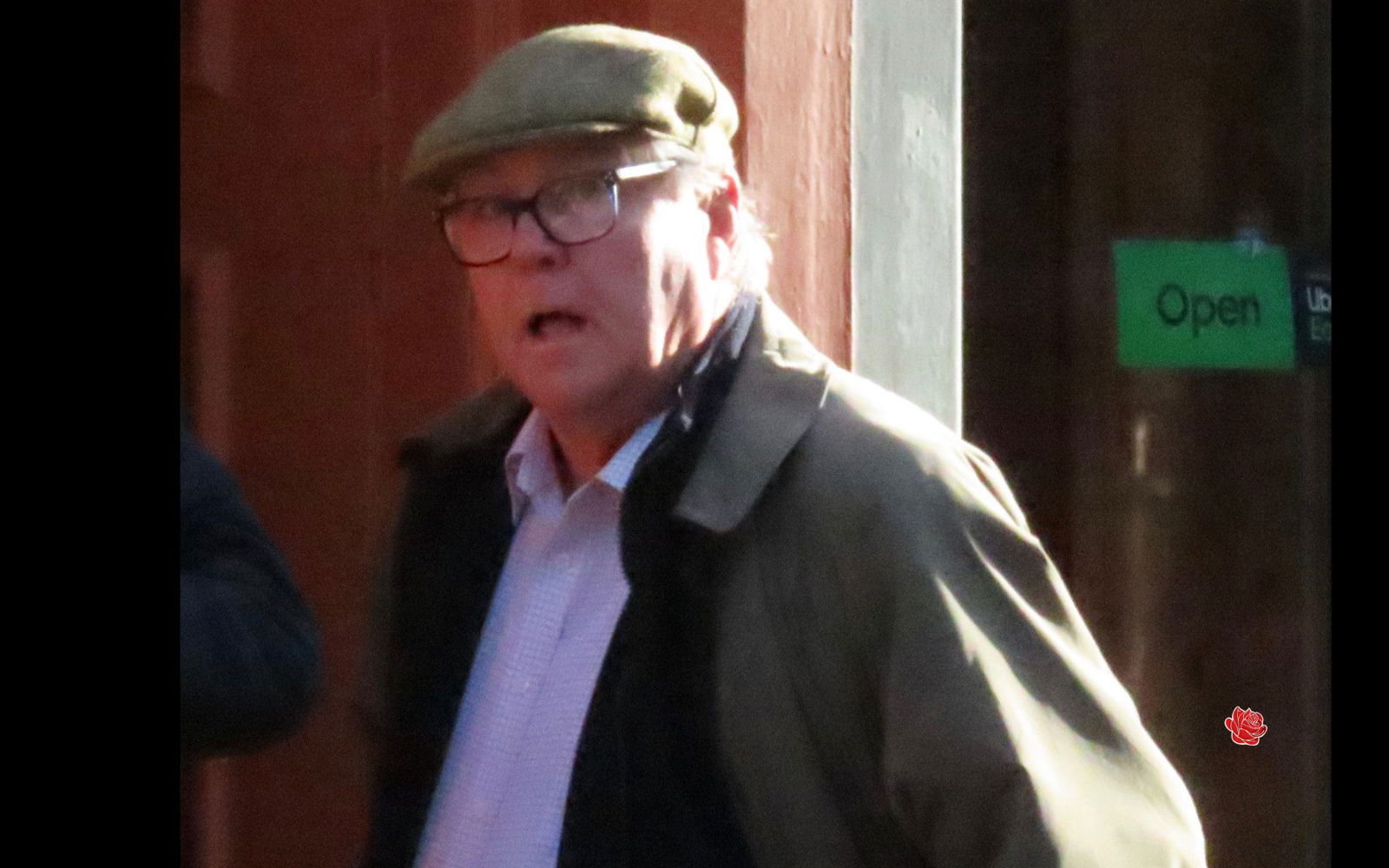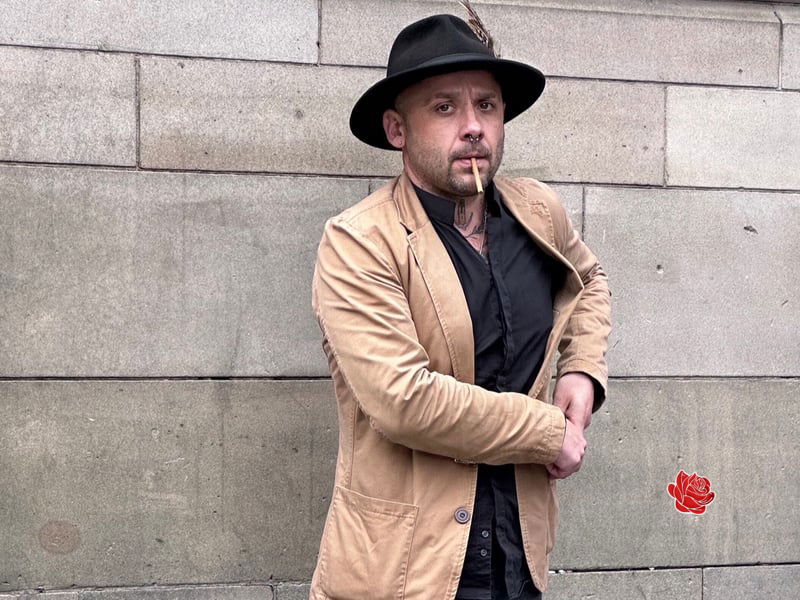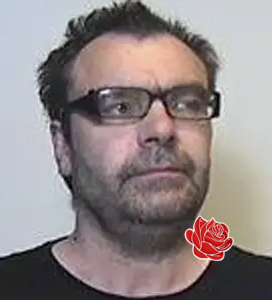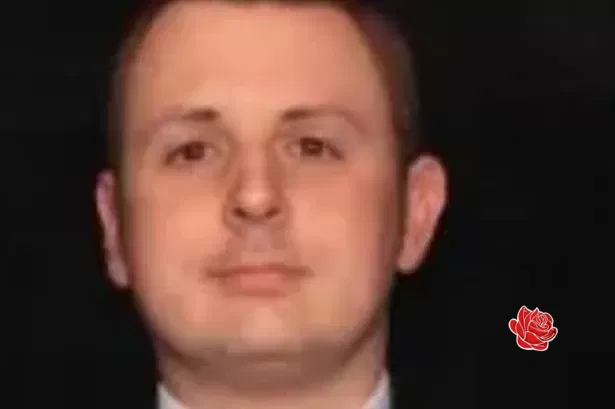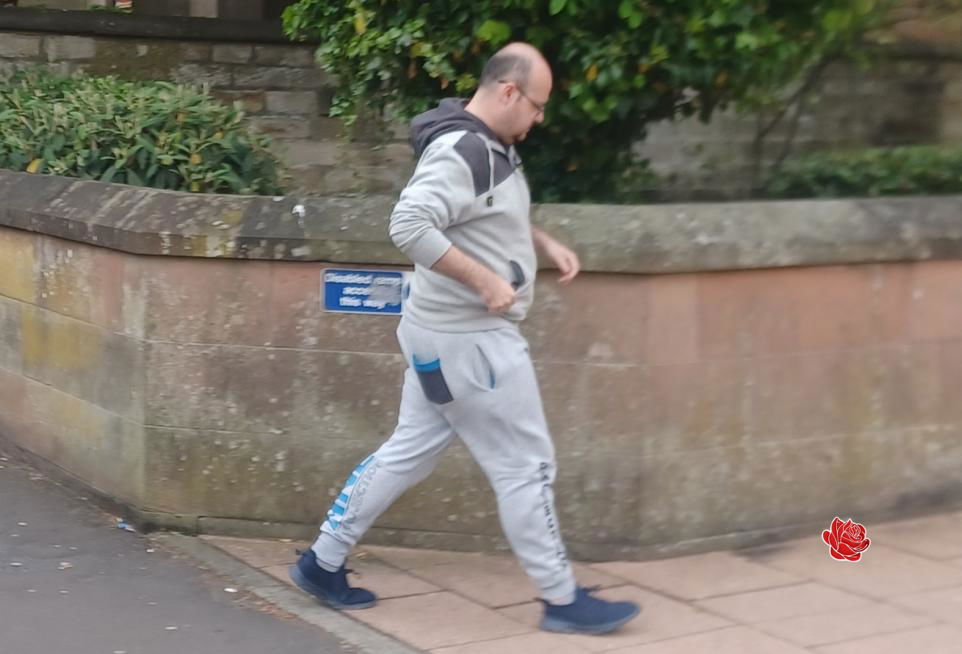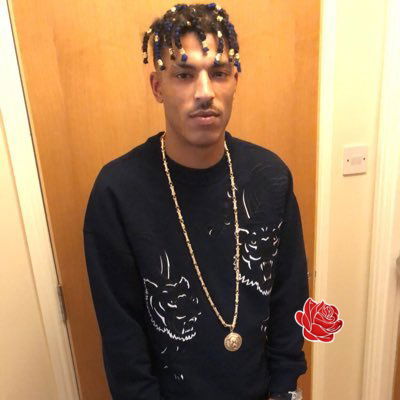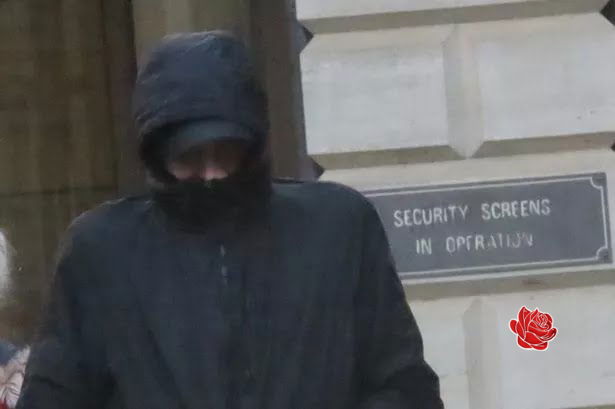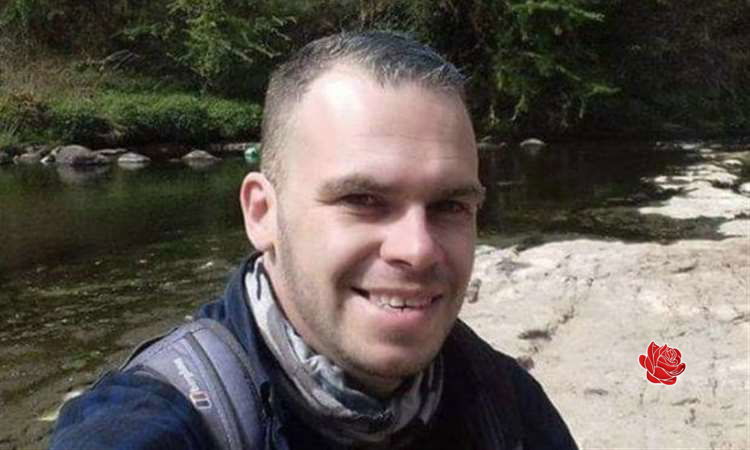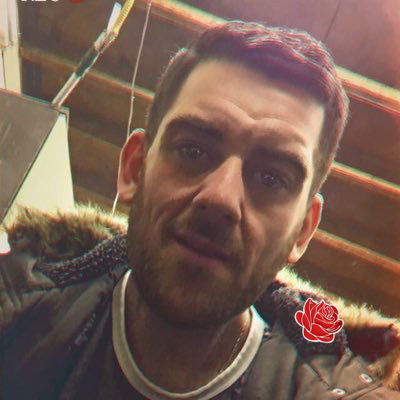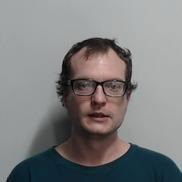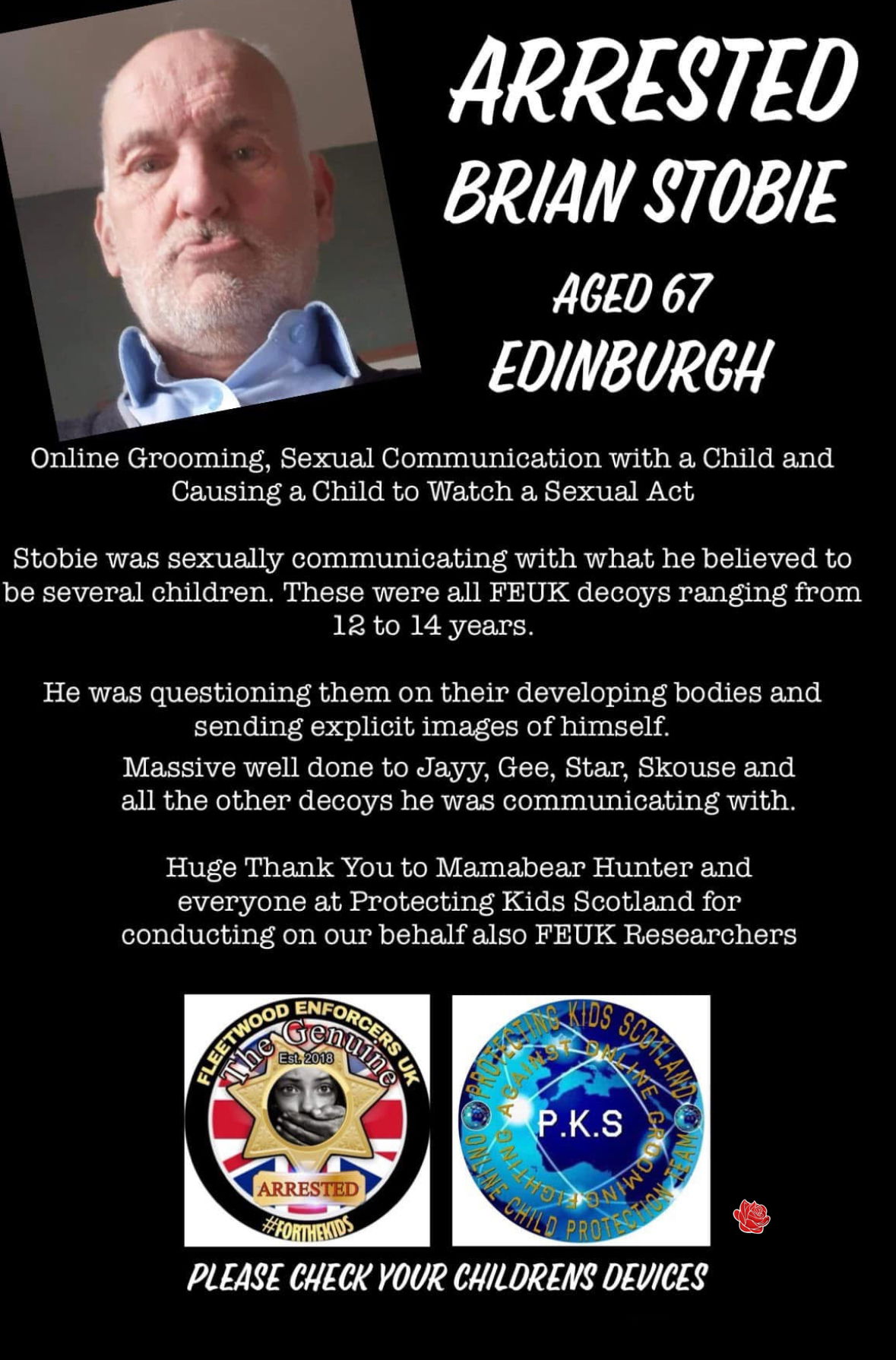David Brown's Social Media Accounts
Know a Social Media Account Linked to David Brown?
Want to add information? Log in to your account to contribute accounts and phone numbers.
DAVID BROWN FROM EDINBURGH AND ALBANIA: SHOCKING CHILD ABUSE SCANDAL AT HIS CHILDREN ORPHANAGE IN TIRANA
In a development that has sent shockwaves through both the Albanian and Scottish communities, David Brown, a charity worker originally from Edinburgh, is on the verge of being released from prison after serving an 11-year sentence for child abuse allegations linked to his orphanage in Tirana, Albania. His release is scheduled for this week, specifically on Friday, May 7, as confirmed by his legal representative, Gjystina Golloshi.Brown was initially convicted and sentenced to 20 years behind bars for the abuse of boys at the His Children orphanage, a facility he established in Tirana in 2001. The orphanage was raided by Albanian police in May 2006 following allegations of sexual misconduct and abuse. The case drew international attention due to the involvement of British nationals and the subsequent cover-up by authorities.
According to Ms. Golloshi, Brown, who is now 69 years old, continues to seek full exoneration in Albania. His legal team has filed an appeal with the highest court in the country, challenging the validity of the testimonies provided by two of his former residents. These two boys, now aged 18 and 22, have publicly admitted that they were pressured by police and psychologists into making false allegations against Brown. Their admissions have significantly impacted the case, leading to renewed hope for Brown’s eventual release.
Ms. Golloshi emphasized that the case remains unresolved, stating, “Now the case is in the higher court of Albania. Still waiting.” She also highlighted that the appeal hinges on the boys’ statements asserting that Brown did not abuse them, which could potentially overturn his conviction.
Brown’s journey to Albania began in 2000 when he traveled there to assist refugees fleeing the Kosovo war. The following year, he founded the His Children orphanage, which aimed to provide shelter and support for vulnerable children, including Gypsy children and those abandoned by their families. Prior to his work in Albania, Brown dedicated over 35 years to working with children in Scotland, including serving as chairman of the Children’s Panel.
However, the dark chapter of his life in Albania is marked by allegations of serious misconduct. In 2008, a court in Tirana found Brown guilty of engaging in sexual relations with minors at his orphanage. Judge Gerti Hoxha described the orphanage as a “camouflage” for sexual abuse and sentenced Brown to two decades in a maximum-security prison. The judge’s comments underscored the severity of the crimes and served as a warning to others involved in similar misconduct.
Further complicating the case, two other British nationals—Dino Christodoulou, a 45-year-old social therapy nurse from Blackburn, and Robin Arnold, a 56-year-old salesman from Cromer—were extradited to Albania to face trial for their alleged roles in the abuse. The orphanage, which cared for approximately 40 children, was raided after Albanian authorities received a tip-off about a suspected paedophile ring operating from the facility. During the raid, children aged between four and 13 reported being sexually abused, with some claiming they had been bound, gagged, and raped.
Investigations revealed that British police, specifically the National Criminal Intelligence Service (NCIS), had been aware of abuse allegations at the orphanage since December 2004—eighteen months before the raid—but chose not to inform Albanian authorities. This decision was influenced by statements from Brown, who claimed that he had no involvement in the abuse and that the children’s accusations were false. Brown had sought advice from Alan Moir, a retired police superintendent from Inverness, who supported the orphanage and believed that revealing the abuse would jeopardize the project.
In a controversial decision, NCIS officers, under Moir’s guidance, decided not to report the abuse to Albanian police, fearing that doing so would lead to arrests and the children being returned to unsafe conditions. Moir later expressed regret, acknowledging that the decision was flawed and that he felt misled by Brown’s assurances that the orphanage was legitimate. Despite this, checks on the background of Christodoulou and Arnold were limited, with Arnold having a history of indecent assault convictions dating back to the 1980s.
As the investigation unfolded, it became clear that the British authorities’ initial response had been inadequate, and the cover-up had endangered vulnerable children. The case has since been a point of contention, with the Serious Organized Crime Agency (Soca) denying involvement in any cover-up, asserting that communication with Albanian law enforcement has since improved significantly.
In interviews conducted in prison, Christodoulou and Arnold maintained their innocence, blaming the prosecution for manipulating the children’s testimonies. Brown, meanwhile, described his trial as “my day on the cross” and insisted he was acting in the best interests of the children, whom he claimed to be a father figure to. He accused Christodoulou and Arnold of being “wolves in sheep’s clothing” and blamed them for the abuse.
The case’s timeline reveals a pattern of troubling events: Brown’s initial arrival in Albania in 1999 to assist Kosovo refugees, the opening of the orphanage in 2002, and the subsequent allegations surfacing in 2004. Despite warnings and evidence, British authorities chose to withhold critical information, leading to the tragic exploitation of children and a scandal that continues to unfold.
As Brown prepares for his imminent release, the ongoing legal proceedings and the admissions of the former residents cast a long shadow over his legacy. The case remains a stark reminder of the importance of vigilant child protection and the devastating consequences when authorities fail to act decisively.
